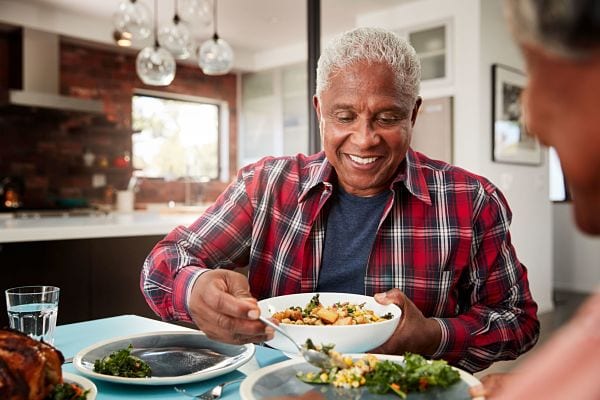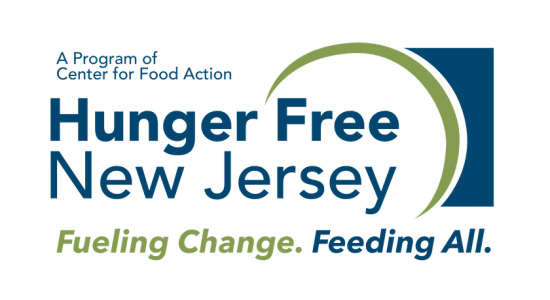Senior Hunger
Addressing Senior Hunger
Seniors Struggle with Hunger
Nearly 14 percent of New Jersey’s 1.5 million senior citizens face hunger each year – translating to about 230,000 older residents who don’t have enough food to eat.
These seniors regularly face the terrible choice of buying food, paying the electric bill or paying for medications. People with disabilities face similar hardships.

Hunger hurts the health of our senior citizens – and causes increased spending on health care and medications. Studies have shown that lack of adequate, healthy food can lead to illness and disease among seniors.
National studies have found that as few as 42 percent of eligible senior receive SNAP. Some seniors are unaware they are eligible for the program. Others are reluctant to participate because they don’t want to accept public assistance. Still others have difficulty completing the application.
Changing state policies to make it easier for seniors to apply for and receive SNAP makes sense from a human, health and fiscal perspective.
Changes should include:
- Streamlining the application process,
- Conducting outreach to ensure all eligible seniors have access to SNAP,
- Implementing a standard medical deduction to make more struggling seniors eligible.
Providing seniors with healthy food helps to reduce illness and medical costs, while providing a better quality of life for our oldest residents.
